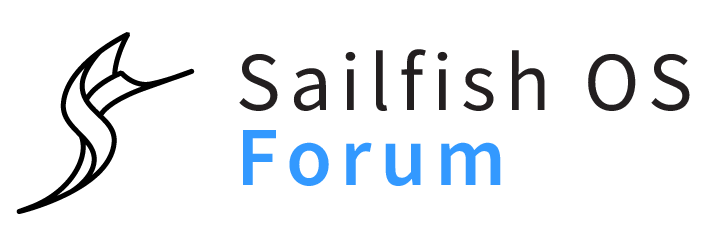tl;dr
Some EU grant openings that have funded similar projects, e.g. postmarketOS, are closing this Fall. I suggest to coordinate several community applications as it is an opportunity for SFOS to gain more resources and momentum.
What’s the idea?
I think many enthusiasts here are convinced that SailfishOS (SFOS) and Mer, which is now merged back into SFOS, are key for privacy, security and technological independence from big corporations. SFOS is IMHO the most usable non-Android OS. As conveyed by the SFOS description in sailfishos.org:
“Sailfish OS is a European alternative to dominating mobile operating systems”
Jolla seems to be doing relatively well. It reached profitability last year and SFOS is well maintained. However, it is hard for a small company to compete with tech giants and deliver a device that is viable for daily use, outside of a group of enthusiasts willing to make significant compromises.
To this end, I think it is important to fund further community and core development so that the platform reaches a critical feature mass that allows wider adoption and ensures continuous growth. With a bit of funding, development of some key features can make SFOS and its ecosystem more appealing to privacy-aware consumers and to big organizations that aim to secure their IT stack.
How to do it?
I suggest to start small with a pragmatic approach. NLnet has an open call for funding software projects using EU-derived funding. The scope fits lots of potential SFOS-related things really well. Currently funded projects include, just to name a few, postmarketOS, mobile-nixos and Conversations.
Projects can receive up to €50,000 per call and this funding can be renewed periodically. It is not a big amount of cash, but it might be sufficient to support a developer working on some important feature, perhaps part-time. The community can put together multiple applications for different SFOS-related projects so that several things move forward.
Applying is quite simple. Deadline is October 1st.
Potential grant areas
I think core mobile features (browser, chat/VoIP and maps) could use some funding to implement or improve key functionality. It would be ideal to define the minimum viable phone (MVP) for a common user in those three areas and try to implement or improve what is missing.
A second area of interest might be testing and hardening core components. This can range from extending unit testing of key components to verification approaches such as property-based testing, static analysis or theorem-proving for hardening fundamental elements in the ecosystem. Even simple unit testing can reduce the number of bugs that arise in every SFOS pre-release, and therefore streamline development.
A third area could be mobile-related improvements to Linux. In this regard, I am personally interested in implementing a eBPF application to audit system usage and warn the user about unusual activity with outlier-recognition techniques. There are other quite interesting possibilities in this area, which I think are important to implement to make Linux more robust against threats from big adversaries.
Other areas might be worth considering. The list above is by no means exhaustive.


